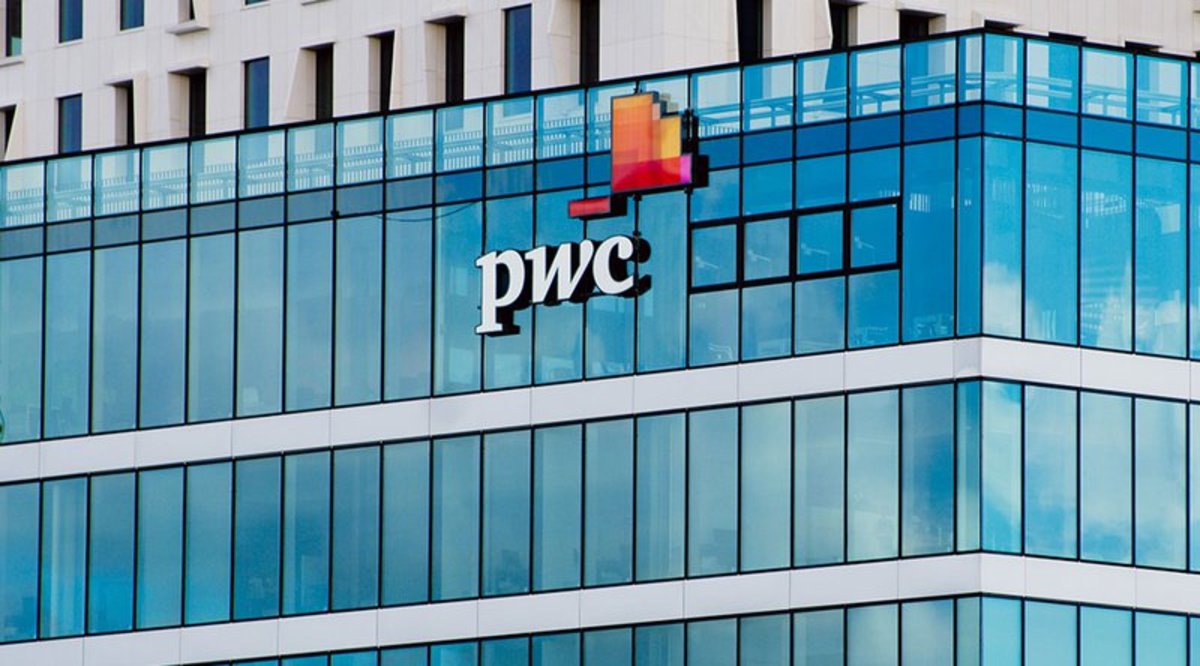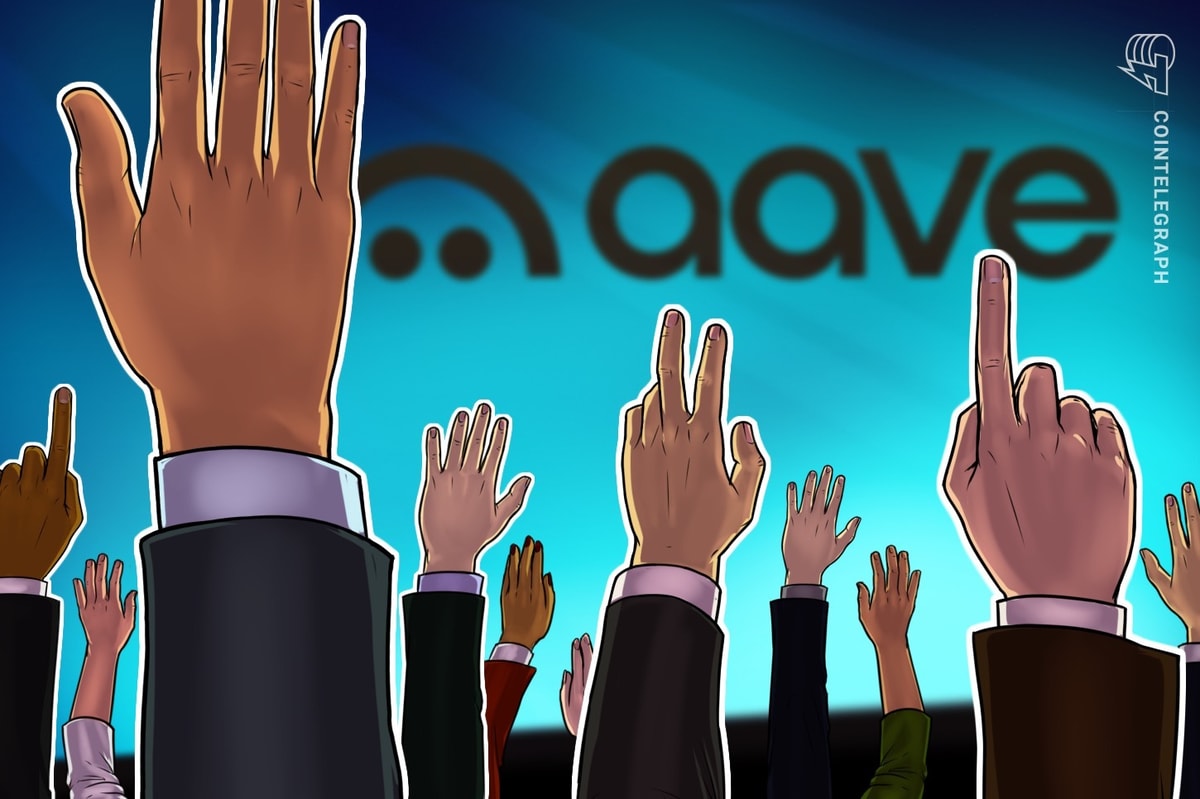
21 Inc has announced the launch of ping21, a service that allows users to check the uptime or latency of any given website from Bitcoin Computers on the 21 network. This is the first release in a series of projects related to the Internet of Things that the company plans to release in the coming weeks.
How Does It Work?
Thanks to the release of its Bitcoin Computer last year, 21 has created a decentralized network of machines that are financially connected to each other via Bitcoin. Ping21 essentially takes advantage of 21’s network of devices to process various requests in exchange for Bitcoin. This first service offered by the network allows web developers to see whether a specific device or server is online or experiencing connectivity issues.
Ping21 also takes advantage of 21’s micropayments marketplace, which means the relatively high fees (at least in this context) associated with on-chain Bitcoin transactions will be avoided.
Webmasters will also soon be able to pay to ping even more devices once the 21 Bitcoin Computer is no longer a requirement to join the grid-computing network.
Why is Ping21 Useful?
Individuals who have not built their own websites in the past may not understand the value of this new offering from 21. The ability to ping a website from many different locations around the world allows a webmaster to understand whether there are any potential connectivity issues for their site visitors.
There are already companies, such as Pingdom, which allow webmasters to determine how their website’s connectivity is performing in various parts of the world. These companies charge monthly fees to their customers because the idea of pay-per-ping was not practical before the existence of Bitcoin-enabled micropayments.
With ping21, webmasters are able to pay for pings as they’re needed, and the decentralized nature of the 21 network of devices allows webmasters to gain access to devices in many more locations than what is offered by current, centralized offerings.
Creating the Machine Economy
Ping21 is a sneak preview of the machine economy, which 21 is attempting to cultivate. In addition to a currency, 21 also views Bitcoin as, potentially, a new system resource for computers. Bitcoin has essentially enabled the set of incentives necessary for devices to trade data and services on a level that was not possible in the past.
Of course, if a new marketplace for machine-to-machine payments is developed, it’s important for one machine to be able to verify the authenticity of data sold to it by another machine. When asked about this point, 21 Engineer Andrew DeSantis told Bitcoin Magazine:
“If two nodes offering similar services are returning drastically different results, we can perform audits and make the appropriate adjustments to each node’s reputation on the marketplace.”
While ping21 may seem like a simple service to some, 21 is essentially laying the groundwork for many of the most-interesting applications of Bitcoin that have been talked about in the past. This is the sort of structure that could eventually power decentralized versions of many cloud-based computing services.
21 CEO Balaji S. Srinivasan had the following to say on the release of ping21:
“The ping service is relatively easy to deploy and understand, but we want to stress that ping21 is just a first example of what can be done with these tools. It’s a proof of concept to show what kinds of services you can offer via decentralized Bitcoin-incentivized grid computing that are qualitatively different from -- and complementary to -- what you can get from centralized cloud computing.”
21 has posted a ping21 tutorial for developers on their website.
Kyle Torpey is a freelance journalist who has been following Bitcoin since 2011. His work has been featured on VICE Motherboard, Business Insider, NASDAQ, RT’s Keiser Report and many other media outlets. You can follow @kyletorpey on Twitter.










